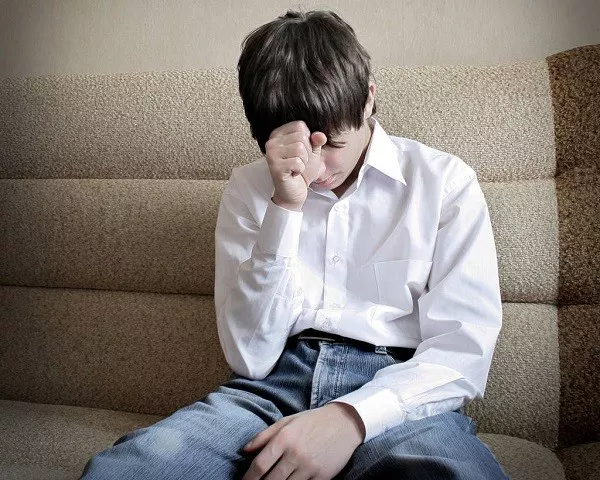As the pursuit of improved mental health takes center stage in 2024, a growing number of individuals are turning to decluttering and organizing as a preferred method to achieve this goal. The profound impact of disorganization on mental well-being has become a focal point, with studies revealing that the state of our physical surroundings can significantly influence various aspects of our lives.
Disorganization has been linked to negative perceptions of self and life, encompassing memory impediments, poor eating habits, an increased susceptibility to mood disorders, and decreased impulse control. Daniel Levitin, a behavioral neuroscientist at McGill University, emphasizes the association between the stress hormone cortisol and living in a cluttered space, suggesting that chronic anxiety disorders may manifest in such environments.
Research published in the Journal of Environmental Psychology underscores the adverse effects of clutter on well-being, happiness, and the sense of safety and security within personal spaces. Co-author Catherine Roster, a professor at the Anderson School of Management at the University of New Mexico, notes that clutter can diminish feelings of well-being, contributing to an overall sense of discontent.
Psychologist Natalie Christine Dattilo, based in Boston and an instructor at Harvard Medical School, highlights the psychological connection between mental disarray and physical clutter, recognizing that mental overwhelm often manifests in messy and disorganized living spaces.
Beyond the psychological toll, disorganization impairs focus and decision-making abilities, leading to feelings of exhaustion, as demonstrated in research co-authored by Roster. Levitin estimates that the average person loses approximately 5% of their time due to disorganization, translating into tangible costs in terms of missed appointments and diminished productivity.
While it’s acknowledged that organization might not be a panacea for diagnosed depression, numerous mental health benefits are associated with maintaining an orderly space. Joseph Ferrari, a distinguished psychology professor at DePaul University, asserts that nearly every mental health downside linked to disorganization and clutter can be mitigated through organization, resulting in increased energy, enhanced productivity, and an overall improvement in life quality.
Neha Khorana, a board-certified clinical psychologist in Atlanta, supports this notion, emphasizing that organizing can alleviate anxiety-related symptoms, as disorganization correlates with higher anxiety levels.
The advantages of organization extend beyond mental health, impacting physical well-being as well. Libby Sander, an assistant professor of organizational behavior at Bond University in Australia, notes that cleaner homes are associated with increased physical activity and overall better health. This is attributed to organized individuals effectively managing their time and experiencing improvements in diet due to reduced clutter.
Beyond stress reduction and increased efficiency, organization has also been linked to improved sleep quality. Furthermore, organized living spaces contribute to healthier relationships, as clutter-related distractions can negatively impact communication and hinder the ability to filter important cues from partners, potentially causing feelings of neglect or misunderstanding.
As individuals recognize the holistic benefits of embracing order, the transformative power of organization emerges as a potent tool for enhancing mental and physical well-being. In the pursuit of a balanced and fulfilling life, the simple act of decluttering and organizing holds promise as a pathway to positive transformation.
























